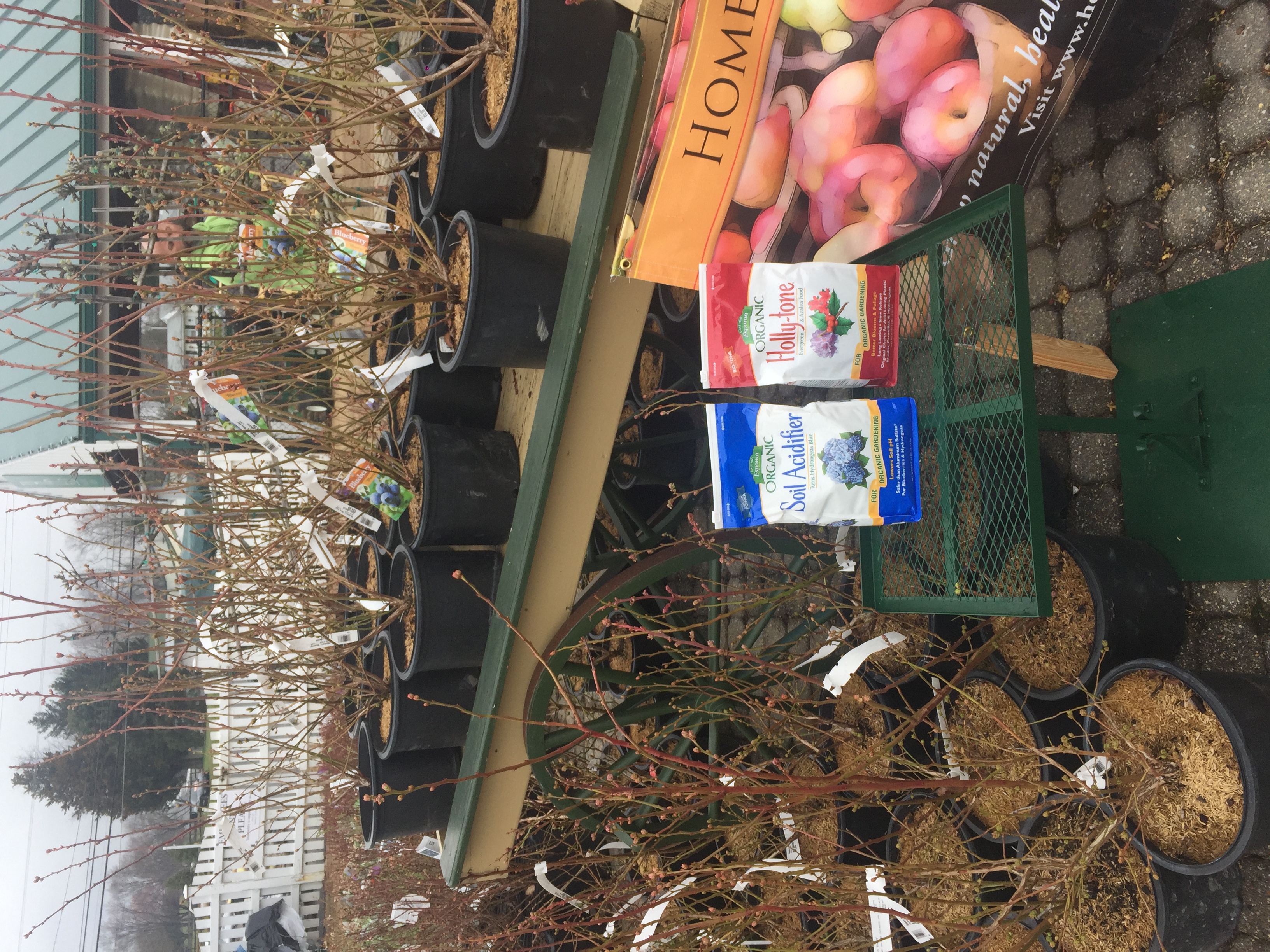

Articles
What Is The Best Fertilizer For Blueberries
Modified: February 19, 2024
Discover the best fertilizer for blueberries in our informative articles. Boost your plant's growth and enhance fruit production with expert advice and recommendations.
(Many of the links in this article redirect to a specific reviewed product. Your purchase of these products through affiliate links helps to generate commission for Storables.com, at no extra cost. Learn more)
Introduction
Blueberries are a delicious and nutritious fruit that many people enjoy growing in their own gardens. But like any plant, blueberries require proper care and maintenance to thrive and produce a bountiful harvest. One essential aspect of blueberry care is providing them with the right nutrients, and that’s where fertilizer comes in.
Choosing the best fertilizer for your blueberries is crucial for their overall health and productivity. The right fertilizer will provide the necessary nutrients to support their growth, flowering, and fruiting. However, with so many options available in the market, it can be overwhelming to determine which fertilizer is best suited for your blueberries.
In this article, we will discuss the factors you should consider when selecting a fertilizer for blueberries, the nutritional requirements of blueberries, and the various types of fertilizers available. We will also delve into the best fertilizer options for blueberries, how to apply them, and common mistakes to avoid. By the end of this article, you will have a better understanding of how to choose the right fertilizer for your blueberry plants and how to use it effectively.
Key Takeaways:
- Choose the right fertilizer for blueberries by considering soil pH, nutrient content, and environmental impact. Organic options like compost and well-rotted manure promote sustainable gardening, while synthetic fertilizers offer concentrated nutrient supply.
- Avoid common fertilizing mistakes for blueberries, such as over-fertilization, neglecting soil pH, and late-season fertilization. Balance nutrient levels, apply at the right timing, and incorporate a holistic approach to ensure healthy and productive blueberry plants.
Read also: 8 Best Blueberry Fertilizer for 2024
Factors to Consider when Choosing Fertilizer for Blueberries
When selecting a fertilizer for your blueberries, there are several important factors to consider. These factors will help you choose a fertilizer that meets the specific needs of your blueberry plants and ensures their optimal growth and fruit production. Let’s explore these factors in detail:
- Soil pH: Blueberries require acidic soil with a pH level between 4.0 and 5.0 for optimal growth. Before choosing a fertilizer, it’s important to test your soil’s pH level. If your soil is too alkaline, you may need to amend it with sulfur or other acidifying agents before applying fertilizer.
- Nutrient Content: Blueberries have specific nutrient requirements that vary throughout their growth cycle. During the early stages of growth, they require higher amounts of nitrogen to encourage foliage development. As they transition to the flowering and fruiting stage, they need more phosphorus and potassium to support flower and fruit formation. Look for a fertilizer that provides a balance of these essential nutrients.
- Slow-release vs. Quick-release: Fertilizers come in both slow-release and quick-release forms. Slow-release fertilizers slowly release nutrients over a longer period, providing a steady supply to the plants. Quick-release fertilizers, on the other hand, release nutrients more rapidly but may require more frequent applications. Consider the growth stage of your blueberries and your desired maintenance routine when choosing between these two options.
- Organic vs. Synthetic: Another important consideration is whether to use organic or synthetic fertilizer. Organic fertilizers are derived from natural sources and provide slow-release nutrients. They improve soil health and promote long-term sustainability. Synthetic fertilizers, on the other hand, are chemically manufactured and deliver nutrients more quickly. Both options have their benefits, so choose the one that aligns with your gardening preferences.
- Additional amendments: Blueberries have specific nutrient requirements and thrive when provided with organic matter such as compost, well-rotted manure, or peat moss. These amendments can be added along with the fertilizer to improve soil structure and enhance nutrient absorption.
- Environmental impact: Consider the environmental impact of the fertilizer you choose. Look for fertilizers that minimize nitrogen runoff and leaching, as excessive nitrogen can pollute water bodies. Aim for environmentally-friendly options that promote sustainable gardening practices.
By considering these factors, you can make an informed decision when choosing the best fertilizer for your blueberries. Understanding and meeting the specific needs of your blueberry plants will contribute to their overall health, productivity, and longevity.
Nutritional Requirements of Blueberries
Blueberries have specific nutritional requirements that must be met to ensure their optimal growth, development, and fruit production. Understanding these requirements will help you choose the right fertilizer that provides the necessary nutrients. Let’s take a closer look at the key nutrients that blueberries need:
- Nitrogen (N): Nitrogen is an essential nutrient for blueberries, especially during the early stages of growth. It plays a crucial role in promoting healthy foliage development. However, excessive nitrogen can lead to excessive vegetative growth and reduced fruit production, so it’s important to provide the right amount based on your blueberry variety and growth stage.
- Phosphorus (P): Phosphorus is vital for flower and fruit development in blueberries. It enhances root development, strengthens the plants’ structural integrity, and improves overall productivity. Adequate phosphorus is particularly important during the flowering and fruiting stages to ensure robust blooms and abundant fruit set.
- Potassium (K): Potassium helps blueberries in numerous ways. It improves water and nutrient uptake, enhances disease resistance, and contributes to the overall vigor and health of the plants. Potassium is especially important during fruit development, as it promotes proper fruit enlargement, coloration, and sugar accumulation.
- Calcium (Ca): Calcium is crucial for cell wall development and integrity in blueberries. It helps prevent disorders such as blossom-end rot and improves overall fruit quality and storage capacity. Adequate calcium levels are particularly important in soils with low calcium availability or high levels of competing ions.
- Magnesium (Mg): Magnesium is an essential component of chlorophyll, the pigment responsible for photosynthesis. It plays a vital role in energy production and overall plant health. Deficiencies in magnesium can lead to yellowing leaves with green veins, reduced photosynthetic capacity, and poor fruit quality.
- Sulfur (S): Sulfur is necessary for the synthesis of essential amino acids and proteins in blueberries. It also plays a role in chlorophyll production and nutrient uptake. Insufficient sulfur can result in stunted growth, pale leaves, and reduced fruit quality.
Meeting these nutritional requirements is essential for maintaining the health and productivity of your blueberry plants. When choosing a fertilizer, look for one that provides a balanced combination of these essential nutrients. Consult soil tests and follow fertilizer application guidelines to meet the specific needs of your blueberries at different growth stages.
Organic Fertilizers for Blueberries
Organic fertilizers are a popular choice among gardeners who prefer natural and sustainable gardening practices. They are derived from plant or animal sources and provide slow-release nutrients to plants, including blueberries. Organic fertilizers offer several advantages, such as improving soil structure, enhancing nutrient retention, and promoting beneficial soil microorganisms. Let’s explore some of the best organic fertilizers for blueberries:
- Compost: Compost is a rich source of organic matter and nutrients. It helps improve soil structure, promotes moisture retention, and enhances nutrient availability to blueberries. Apply compost as a top dressing around the base of the blueberry plants, ensuring it does not come into direct contact with the stems or leaves.
- Well-rotted Manure: Manure from herbivorous animals, such as cows, horses, or chickens, can be an excellent source of organic fertilizer. It provides a balanced mix of nutrients and organic matter. However, it’s important to use well-rotted or composted manure to avoid the risk of introducing weed seeds or harmful pathogens into your garden. Apply a thin layer of well-rotted manure around the base of your blueberry plants.
- Blood Meal: Blood meal is a byproduct of the meat industry and is rich in nitrogen. It is a fast-release fertilizer that can provide a quick boost of nitrogen to blueberries, especially during the early stages of growth. However, it should be used sparingly to prevent excessive nitrogen levels. Follow the recommended application rates on the package.
- Bone Meal: Bone meal is made from ground-up animal bones and is a good source of phosphorus and calcium. It can help promote flower and fruit development in blueberries. As bone meal releases nutrients slowly, it is ideal for long-term use. Apply it according to the instructions on the package.
- Fish Emulsion: Fish emulsion is a liquid fertilizer made from decomposed fish. It is rich in nitrogen, phosphorus, and trace minerals. It provides a quick nutrient boost and is easily absorbed by blueberry plants. Dilute fish emulsion according to the package instructions and apply it around the root zone of your blueberries.
- Seaweed Extract: Seaweed extract is derived from seaweed and is an excellent source of micronutrients, growth hormones, and beneficial organic compounds. It promotes overall plant health, enhances root development, and improves tolerance to stress. Use seaweed extract as a foliar spray or mix it into the soil around the base of your blueberry plants.
When using organic fertilizers, it’s important to follow the recommended application rates and timing. Organic fertilizers may take longer to break down and release nutrients, so regular application over time is usually necessary. Consider incorporating a mix of these organic fertilizers into your blueberry care routine to provide a well-rounded nutrient supply and maintain healthy and productive blueberry plants.
Synthetic Fertilizers for Blueberries
Synthetic or chemical fertilizers are manufactured products that provide a concentrated and readily available source of nutrients for plants, including blueberries. They offer a quick release of essential elements and can be an effective option for supplying nutrients to blueberry plants. Here are some common synthetic fertilizers used for blueberries:
- Complete NPK Fertilizers: These fertilizers contain a balanced combination of nitrogen (N), phosphorus (P), and potassium (K). They are labeled with three numbers representing the percentage of each nutrient, such as 10-10-10 or 20-20-20. Complete NPK fertilizers provide a well-rounded nutrient supply for blueberries at all growth stages. Follow the instructions on the package for application rates.
- Ammonium Sulfate: Ammonium sulfate is a nitrogen-rich fertilizer that can be beneficial for blueberries. It provides a quick release of nitrogen while also slightly acidifying the soil, which can help maintain the desired acidic pH for blueberry plants. Apply ammonium sulfate according to the recommended rates to avoid over-fertilization.
- Ammonium Nitrate: Ammonium nitrate is a nitrogen fertilizer that releases nitrogen quickly and provides an immediate growth boost. It can be useful during the early stages of blueberry growth when vegetative development is crucial. However, use ammonium nitrate with caution, as excessive nitrogen can lead to issues such as reduced fruit set and increased susceptibility to diseases.
- Potassium Sulfate: Potassium sulfate is a source of potassium that can be beneficial for blueberries, especially during fruit development. It provides a quick-release of potassium and helps promote proper fruit enlargement, color development, and sugar accumulation. Apply potassium sulfate according to the instructions on the package.
- Calcium Nitrate: Blueberries require sufficient calcium for healthy fruit development and prevention of disorders like blossom-end rot. Calcium nitrate provides both calcium and nitrogen. It can be applied as a foliar spray or incorporated into the soil around the base of blueberry plants.
- Magnesium Sulfate: Magnesium sulfate, also known as Epsom salt, is rich in magnesium and sulfur. It can help to prevent or correct magnesium deficiencies in blueberries. Apply magnesium sulfate as a foliar spray or dilute it in water and apply it to the soil around the base of your blueberry plants.
When using synthetic fertilizers, it’s important to follow the instructions provided by the manufacturer. Overuse of synthetic fertilizers can result in nutrient imbalances, environmental pollution, and plant stress. Monitor your blueberry plants regularly and adjust the fertilizer application based on their needs. A soil test can also help guide you in determining the nutrient requirements of your blueberries.
Remember, synthetic fertilizers should be used as part of a comprehensive and balanced approach to blueberry care. Incorporate other cultural practices, such as proper watering, mulching, and pruning, to ensure the overall health and productivity of your blueberry plants.
The best fertilizer for blueberries is one specifically formulated for acid-loving plants, such as a 10-10-10 or 12-4-8 blend. Avoid high-nitrogen fertilizers and opt for organic options for best results.
Read more: What Is The Best Soil Mix For Blueberries
Best Fertilizer Options for Blueberries
Choosing the best fertilizer for your blueberries can significantly impact their growth, health, and productivity. The ideal fertilizer should provide a balanced mix of essential nutrients while considering the specific needs of blueberries. Here are some of the best fertilizer options for blueberries:
- Organic Fertilizers: Organic fertilizers offer several benefits, including improving soil health, enhancing nutrient retention, and promoting long-term sustainability. Compost, well-rotted manure, and seaweed extract are excellent organic options for blueberries. They provide a rich source of organic matter and nutrients, improving soil structure and supporting overall plant health.
- Acidic Fertilizers: Blueberries thrive in acidic soil conditions, so using fertilizer specific to acid-loving plants can be beneficial. These fertilizers are often formulated with a higher proportion of sulfur and other acidifying agents. They help to maintain the desired low pH levels for blueberries, ensuring optimal nutrient availability and uptake.
- Slow-release Fertilizers: Slow-release fertilizers deliver nutrients gradually over an extended period. They provide a consistent supply of nutrients, minimizing the risk of over-fertilization and nutrient leaching. Slow-release fertilizers are particularly useful for blueberries, as they ensure a steady nutrient supply during different growth stages.
- Balanced NPK Fertilizers: Blueberries require a balanced supply of nitrogen (N), phosphorus (P), and potassium (K) throughout their growth cycle. Look for fertilizers labeled with a balanced ratio of these nutrients, such as 10-10-10 or 14-14-14. These balanced NPK fertilizers provide a well-rounded nutrient supply for blueberries.
- Fertilizers with Micronutrients: Besides the essential macronutrients, blueberries also benefit from the presence of micronutrients like iron, manganese, zinc, and copper. These micronutrients play critical roles in blueberry growth and development. Choose a fertilizer that includes these micronutrients to ensure comprehensive nutrition for your blueberry plants.
When selecting a fertilizer, consider the specific needs of your blueberry plants, such as soil pH requirements, nutrient deficiencies, and growth stage. Conduct a soil test to identify any nutrient imbalances or deficiencies. Based on the results, choose a fertilizer that addresses those specific needs. It’s also a good idea to seek advice from local gardening experts or agricultural extension services to get recommendations tailored to your specific region.
Remember, fertilizer application should be done in moderation, and it’s essential to follow the instructions provided by the manufacturer. Over-fertilization can lead to nutrient imbalances, plant stress, and reduced fruit production. Monitor the health and growth of your blueberry plants regularly and adjust fertilizer application as needed.
By choosing the best fertilizer options for your blueberries, you can provide them with the essential nutrients they need to thrive, resulting in healthy plants and a bountiful harvest.
Application and Timing of Fertilizer for Blueberries
The application and timing of fertilizer for blueberries are crucial to ensure that the plants receive the necessary nutrients at the right time for optimal growth and fruit production. Here are some guidelines to consider:
1. Soil Test: Before applying any fertilizer, it’s essential to conduct a soil test to determine the existing nutrient levels, pH, and any nutrient deficiencies or imbalances. This will help you make informed decisions about the type and amount of fertilizer required for your blueberries.
2. Spring Application: For most blueberries, it is recommended to apply fertilizer in early spring just before bud break or when new growth starts. This timing allows the plants to absorb and utilize the nutrients as they enter their active growth phase.
3. Split Applications: Divide the total fertilizer application into multiple smaller doses to provide a steady supply of nutrients throughout the growing season. For example, you can apply one-third of the total recommended amount in early spring, another third after flowering, and the rest in early summer. This approach ensures that the plants receive nutrients when they need them the most.
4. Broadcast Application: Spread the fertilizer evenly around the base of the blueberry plants. Avoid direct contact with the stems or leaves to prevent potential burns or damage. Use a rake or hoe to lightly incorporate the fertilizer into the top inch of soil, and then water thoroughly to help the nutrients penetrate the root zone.
5. Depth of Application: Blueberries have shallow, fibrous root systems, so it’s important to apply the fertilizer near the soil surface, where the roots can easily access the nutrients. Avoid deep placement of fertilizer, as it may not be readily available to the roots and can lead to inefficient nutrient uptake.
6. Watering after Application: After applying fertilizer, water your blueberry plants thoroughly. This helps dissolve and distribute the nutrients into the root zone. It also prevents fertilizer burn and ensures that the plants can take up the nutrients effectively.
7. Mid-Season Fertilization: In addition to the spring application, consider providing a mid-season fertilizer boost to support the ongoing growth and fruit development of your blueberries. This can be done around mid-summer or as recommended based on your soil test results and the specific needs of your blueberry variety.
8. Avoid Fertilizing Late in the Season: It’s generally not recommended to apply fertilizer to blueberries late in the growing season. This helps the plants naturally transition into dormancy and prepares them for the winter months. Late fertilization can encourage new growth that may be vulnerable to frost damage and could interfere with the plants’ winter preparation.
Remember, the specific application and timing of fertilizer may vary depending on factors such as soil type, climate, blueberry variety, and individual plant needs. Consult local gardening resources or contact agricultural extension services for region-specific recommendations and guidelines regarding fertilizer application for blueberries.
By following proper application methods and timing, you can ensure that your blueberries receive the right nutrients at the right time, promoting healthy growth, abundant flowering, and a fruitful harvest.
Common Mistakes to Avoid when Fertilizing Blueberries
Fertilizing blueberries is an important aspect of their care, but it’s crucial to do it properly to avoid unintended consequences. Here are some common mistakes to avoid when fertilizing blueberries:
1. Over-fertilization: Applying too much fertilizer can harm blueberry plants and lead to nutrient imbalances. Excessive nitrogen, for example, can result in lush foliage growth but reduced fruit production. Follow the recommended application rates and avoid the temptation to apply more fertilizer, thinking it will benefit the plants.
2. Under-fertilization: On the other hand, under-fertilization can lead to nutrient deficiencies, weak growth, and poor fruiting. Blueberries have specific nutrient requirements, so it’s important to provide them with the necessary nutrients to support their growth and productivity. Conduct a soil test to identify any nutrient deficiencies and adjust your fertilizer application accordingly.
3. Ignoring Soil pH: Blueberries thrive in acidic soil conditions with a pH level between 4.0 and 5.0. Ignoring the soil pH and not adjusting it if necessary can hinder nutrient uptake, even if you’re applying the right fertilizer. Test your soil’s pH and amend it with sulfur or other acidifying agents if it is too alkaline.
4. Applying Fertilizer Too Close to the Stems: When applying fertilizer, avoid direct contact with the stems or leaves of blueberry plants. Fertilizer placed too close can cause burns or damage, potentially harming the plants. Spread the fertilizer evenly around the base of the plants and lightly incorporate it with a rake or hoe.
5. Fertilizing Late in the Season: Fertilizing blueberries late in the growing season can encourage new growth that may not have enough time to harden off before winter. This can make the plants more vulnerable to frost damage. Avoid late-season fertilization and allow the plants to naturally transition into dormancy.
6. Neglecting Organic Matter: Blueberries benefit from the addition of organic matter to the soil, such as compost or well-rotted manure. Organic matter improves soil structure, enhances water retention, and promotes beneficial microbial activity. Don’t solely rely on chemical fertilizers; incorporate organic matter regularly to maintain soil health and fertility.
7. Ignoring Environmental Impact: Consider the environmental impact of the fertilizer you choose. Synthetic fertilizers, if not used responsibly, can contribute to water pollution through runoff and leaching. Look for environmentally-friendly fertilizers and apply them judiciously to minimize negative effects on the surrounding ecosystem.
8. Neglecting Other Cultural Practices: Fertilizing alone is not enough to ensure the health and productivity of blueberries. Pay attention to other cultural practices, such as proper watering, mulching to conserve moisture, and regular pruning. Healthy plants are better able to absorb and utilize the nutrients provided by the fertilizer.
By avoiding these common mistakes, you can ensure that your blueberries receive the proper nutrients without causing harm or imbalance. Be mindful of the specific needs of your plants, follow recommended practices, and regularly assess their health to make adjustments as needed. With proper fertilization, your blueberries will thrive and reward you with a bountiful harvest for years to come.
Conclusion
Proper fertilizer selection and application are essential for the health, growth, and productivity of blueberry plants. By considering factors such as soil pH, nutrient content, and the specific needs of blueberries, you can choose the best fertilizer to support their growth. Organic fertilizers, such as compost and well-rotted manure, provide a sustainable option, while synthetic fertilizers offer a more concentrated and readily available nutrient supply. Applying fertilizer at the right timing and in the correct amounts ensures that blueberries receive the necessary nutrients at each growth stage.
Understanding the nutritional requirements of blueberries, including nitrogen, phosphorus, potassium, and micronutrients, is vital for choosing the appropriate fertilizer. Balancing the nutrient levels helps promote healthy foliage development, flower and fruit formation, and overall plant vigor. Incorporating organic matter, such as compost and well-rotted manure, can improve soil structure and enhance nutrient absorption.
However, it’s crucial to avoid common mistakes such as over-fertilization, neglecting soil pH adjustments, applying fertilizer too close to the stems, and fertilizing late in the season. These mistakes can lead to nutrient imbalances, plant damage, and reduced fruit production. By following proper application methods, avoiding under-fertilization or over-fertilization, and considering the environmental impact, you can optimize the effectiveness of the fertilizer and promote sustainable gardening practices.
Remember, fertilizing blueberries is just one aspect of their overall care. Adequate watering, proper pruning, mulching, and regular monitoring for pests and diseases are equally important. By incorporating a holistic approach to blueberry care, you can ensure the long-term health and productivity of your plants.
Ultimately, the key to successful blueberry fertilization is understanding the specific needs of your plants, conducting soil tests, and making informed decisions about fertilizer selection, application rates, and timing. By providing the right nutrients, maintaining soil health and pH, and avoiding common mistakes, you can enjoy bountiful harvests of delicious and nutritious blueberries year after year.
Frequently Asked Questions about What Is The Best Fertilizer For Blueberries
Was this page helpful?
At Storables.com, we guarantee accurate and reliable information. Our content, validated by Expert Board Contributors, is crafted following stringent Editorial Policies. We're committed to providing you with well-researched, expert-backed insights for all your informational needs.
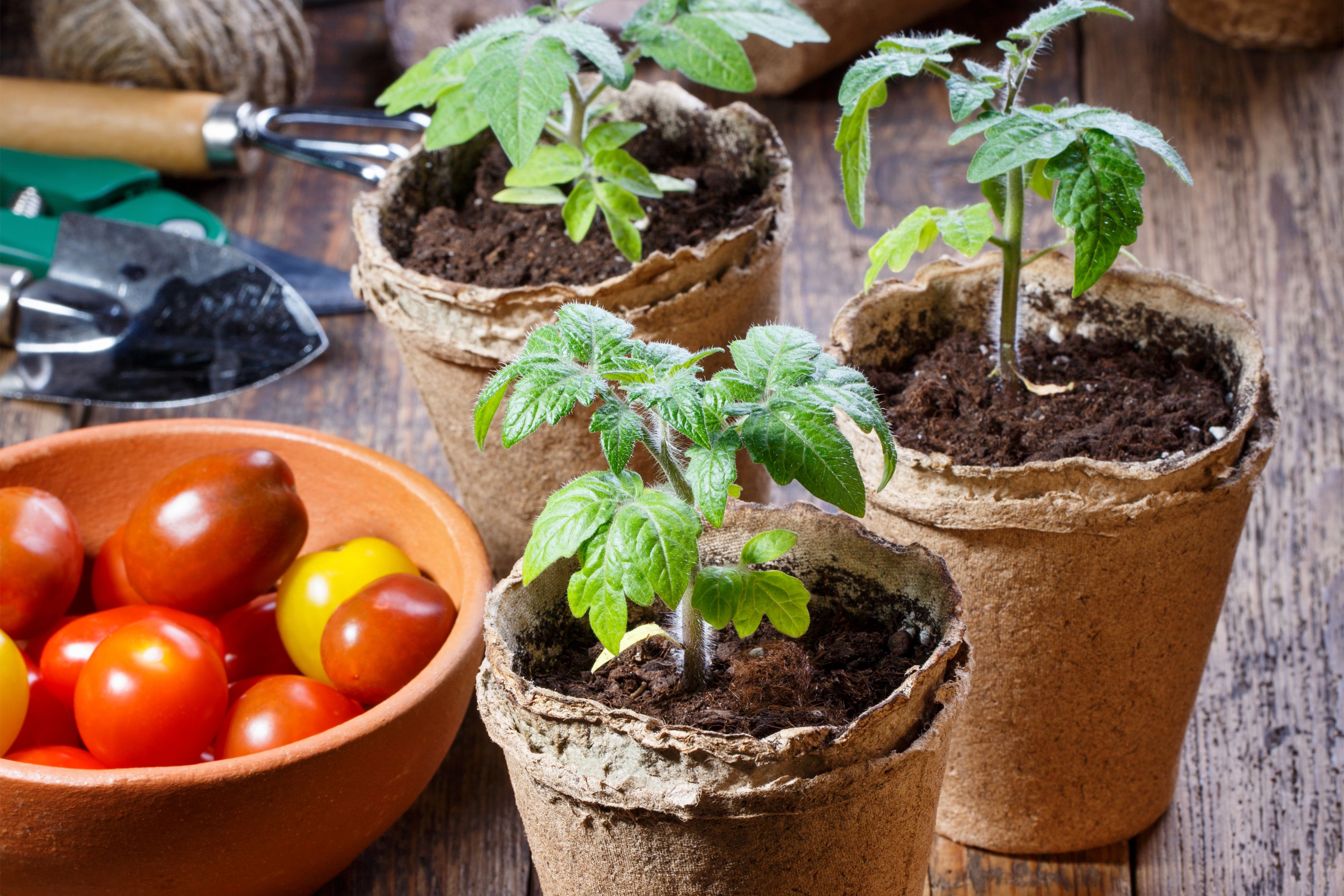
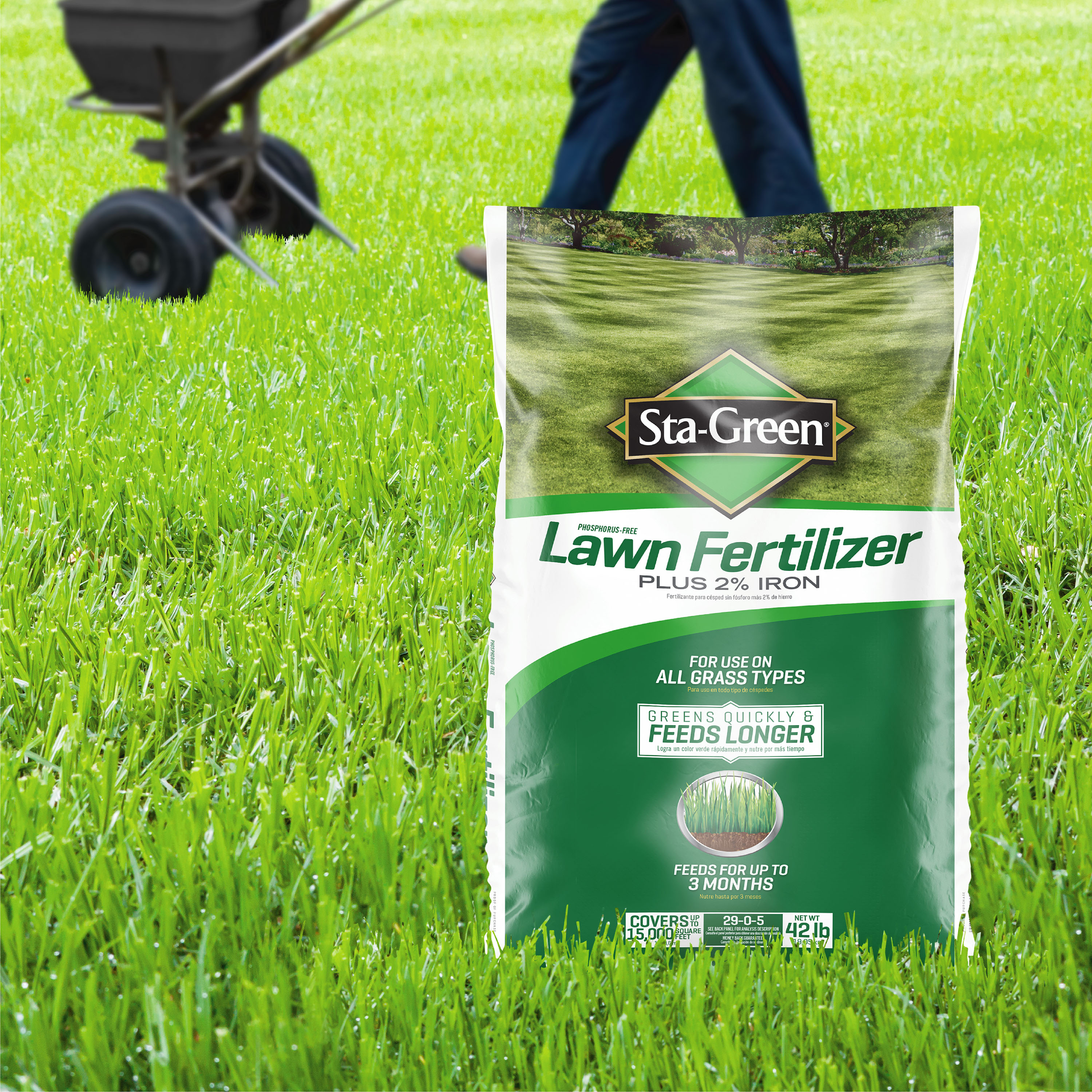
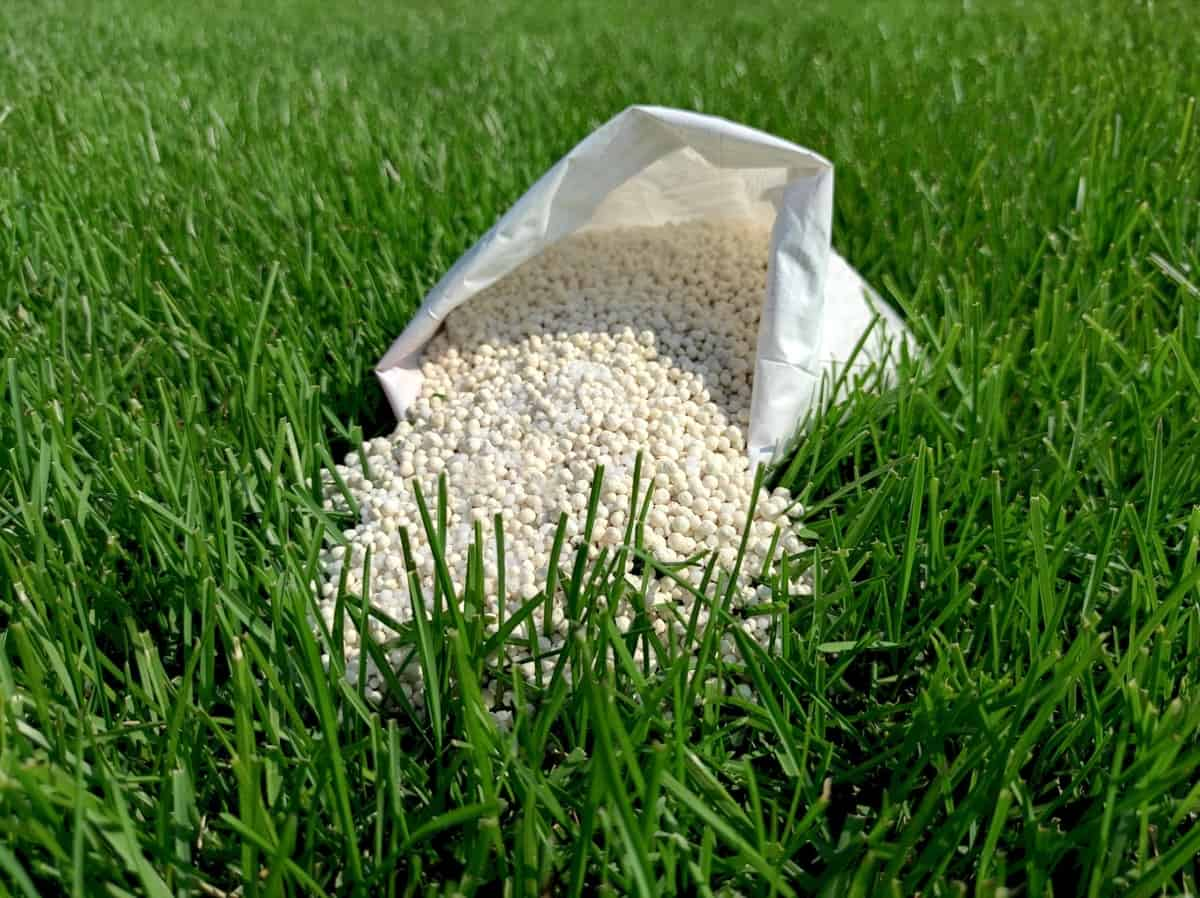
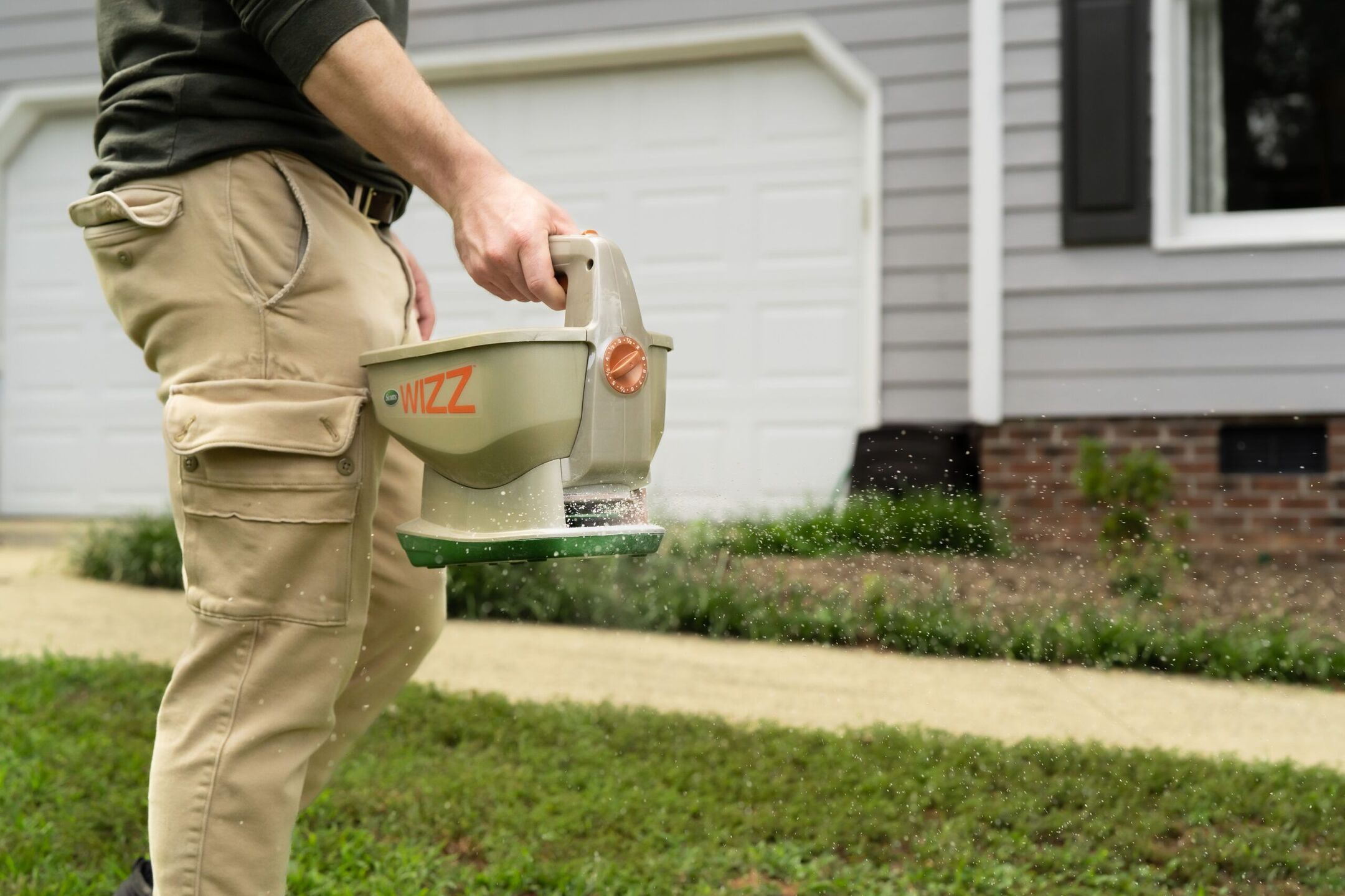
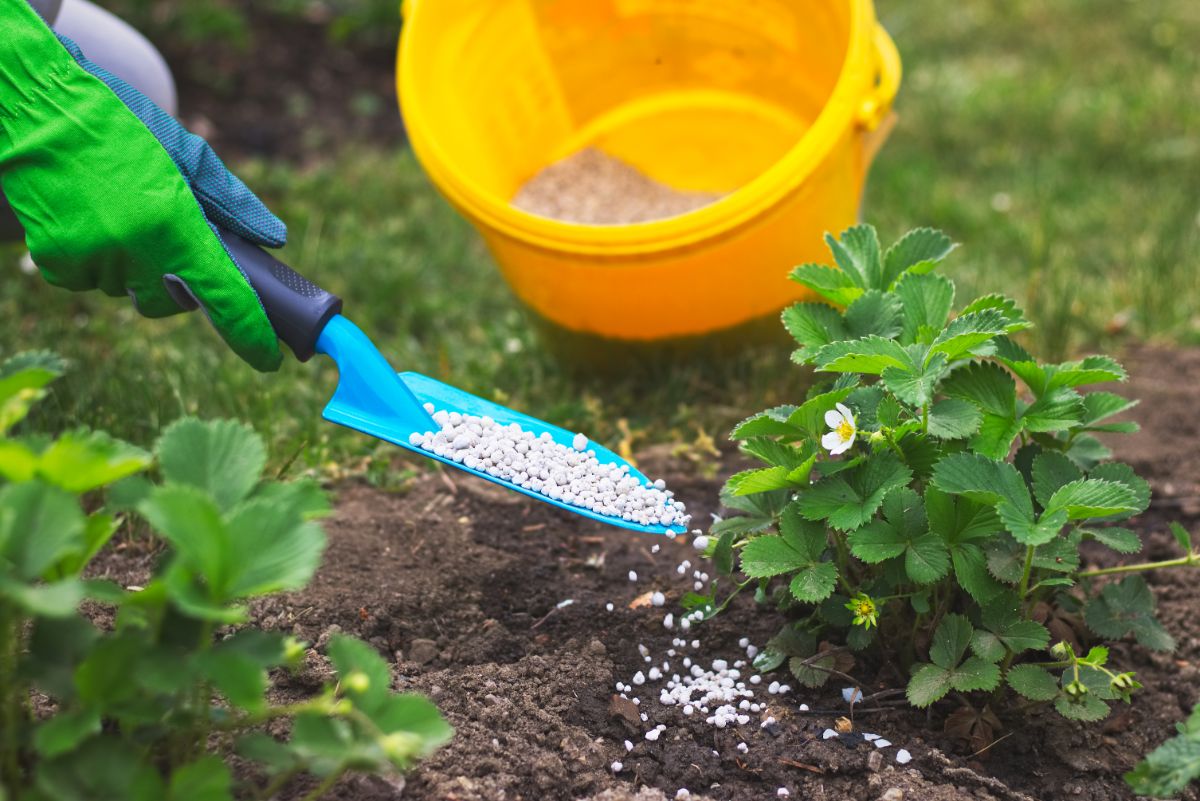
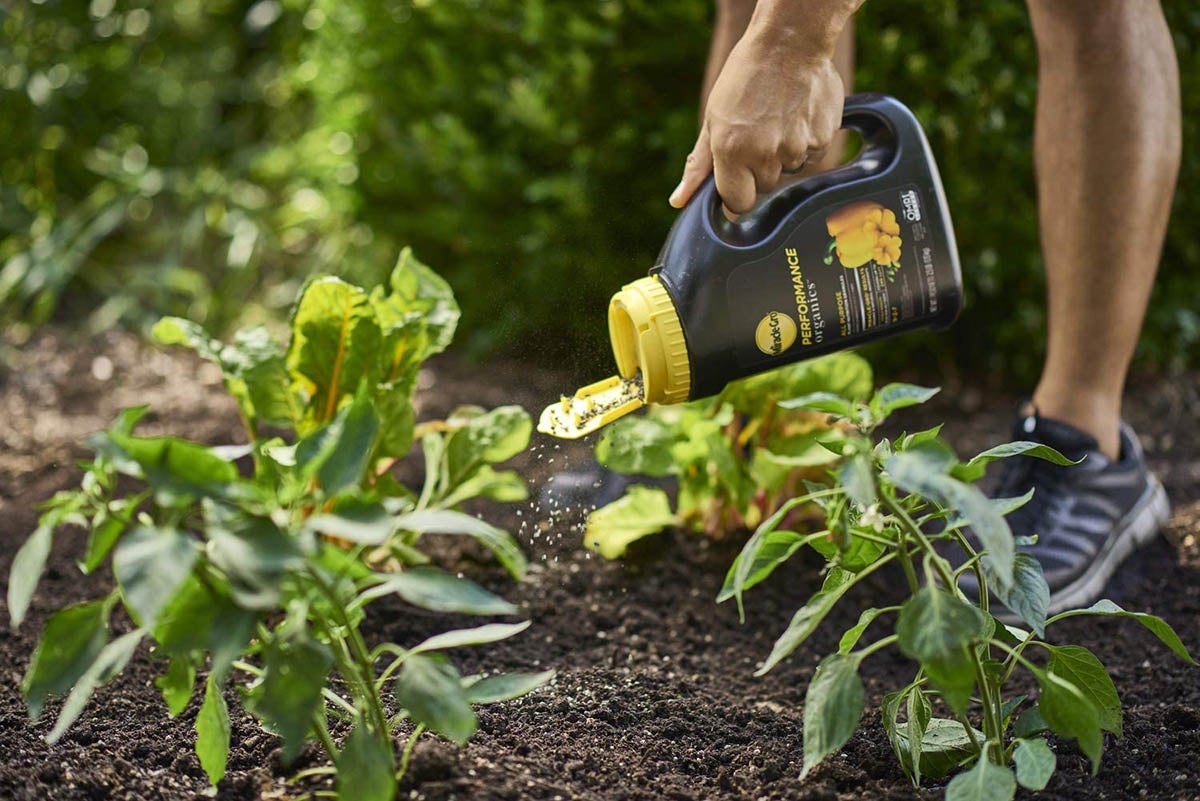
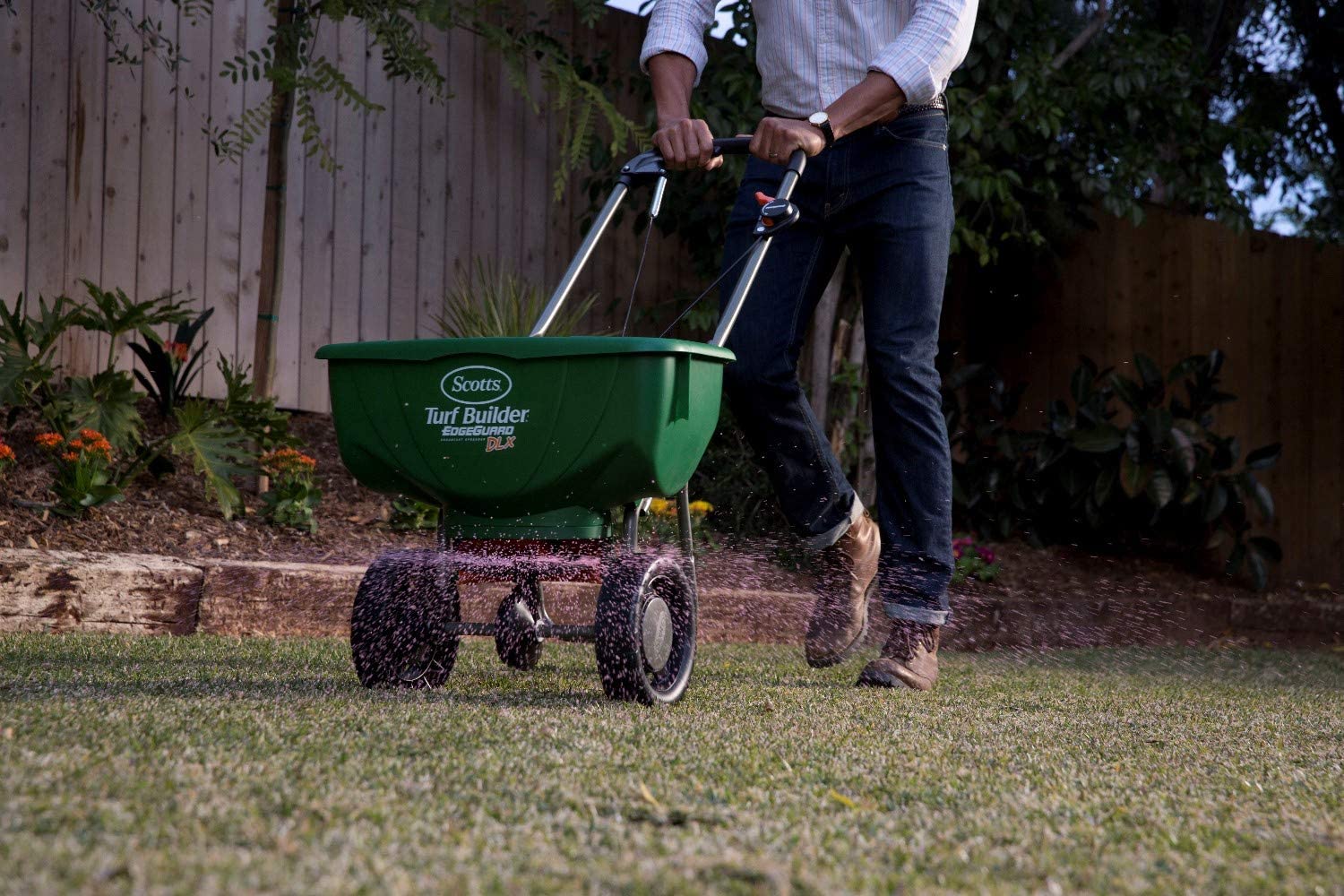
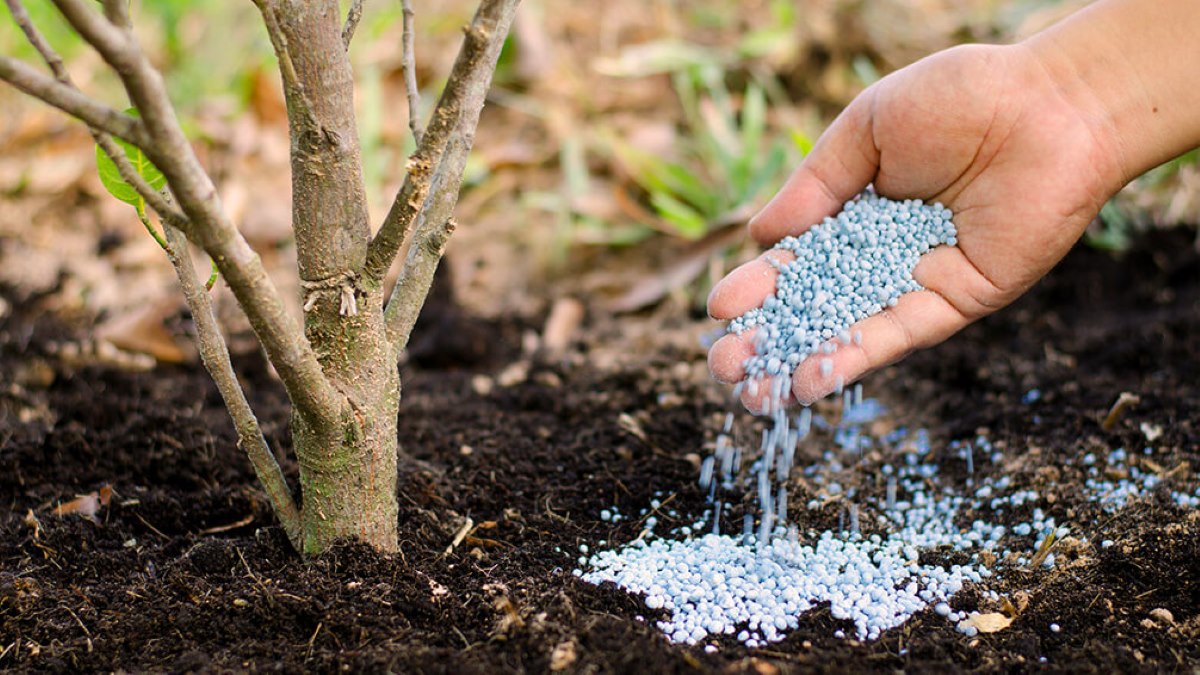
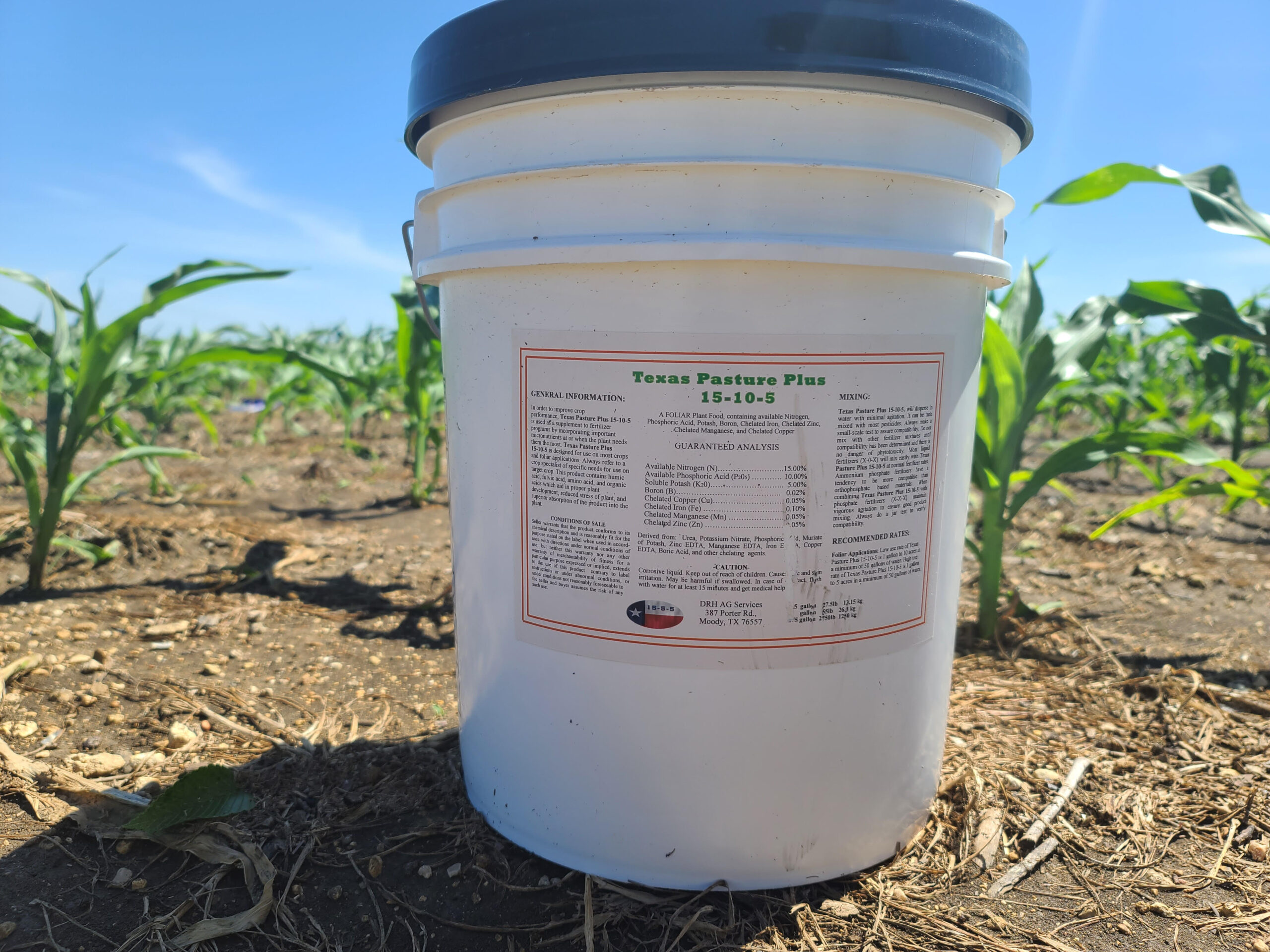
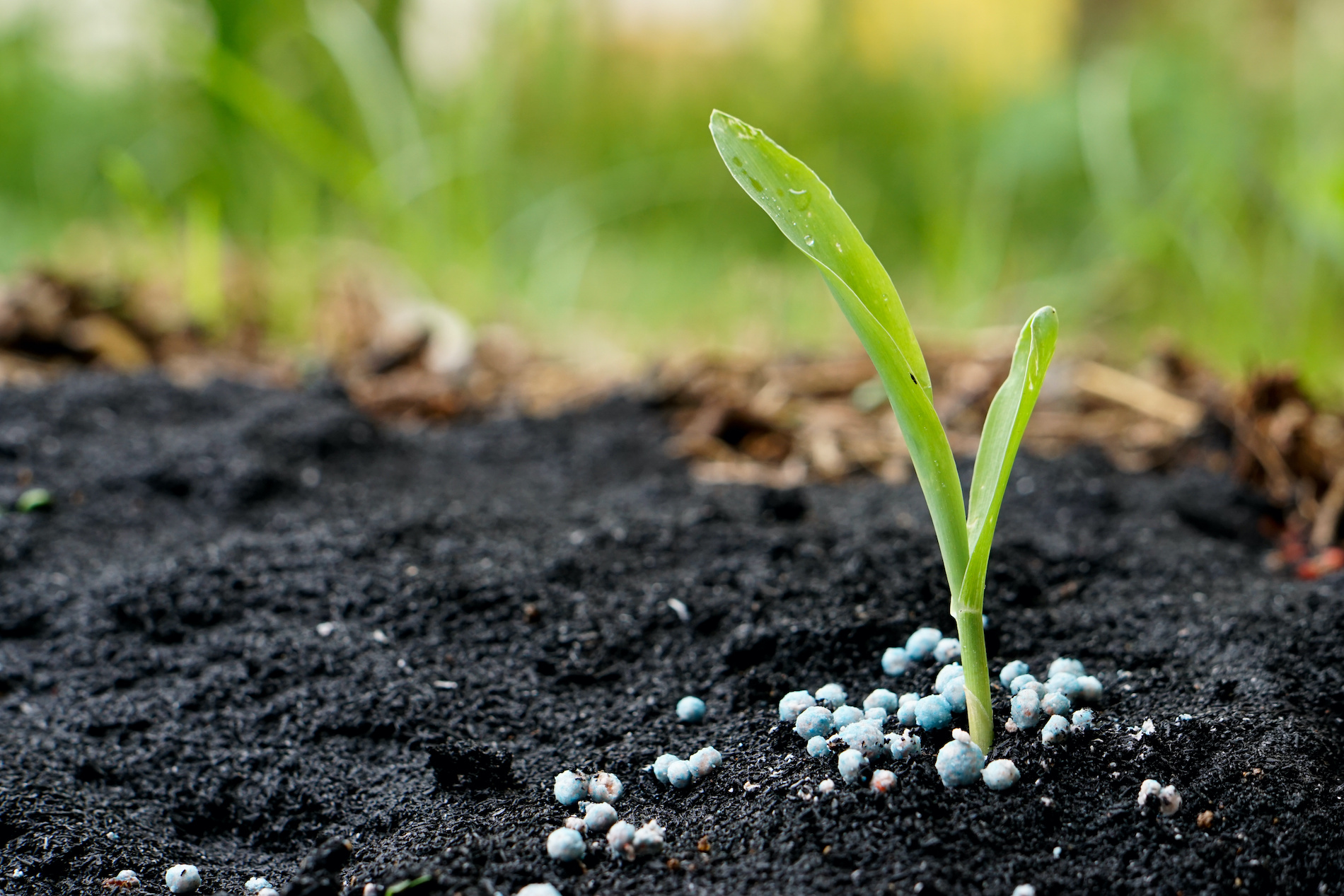
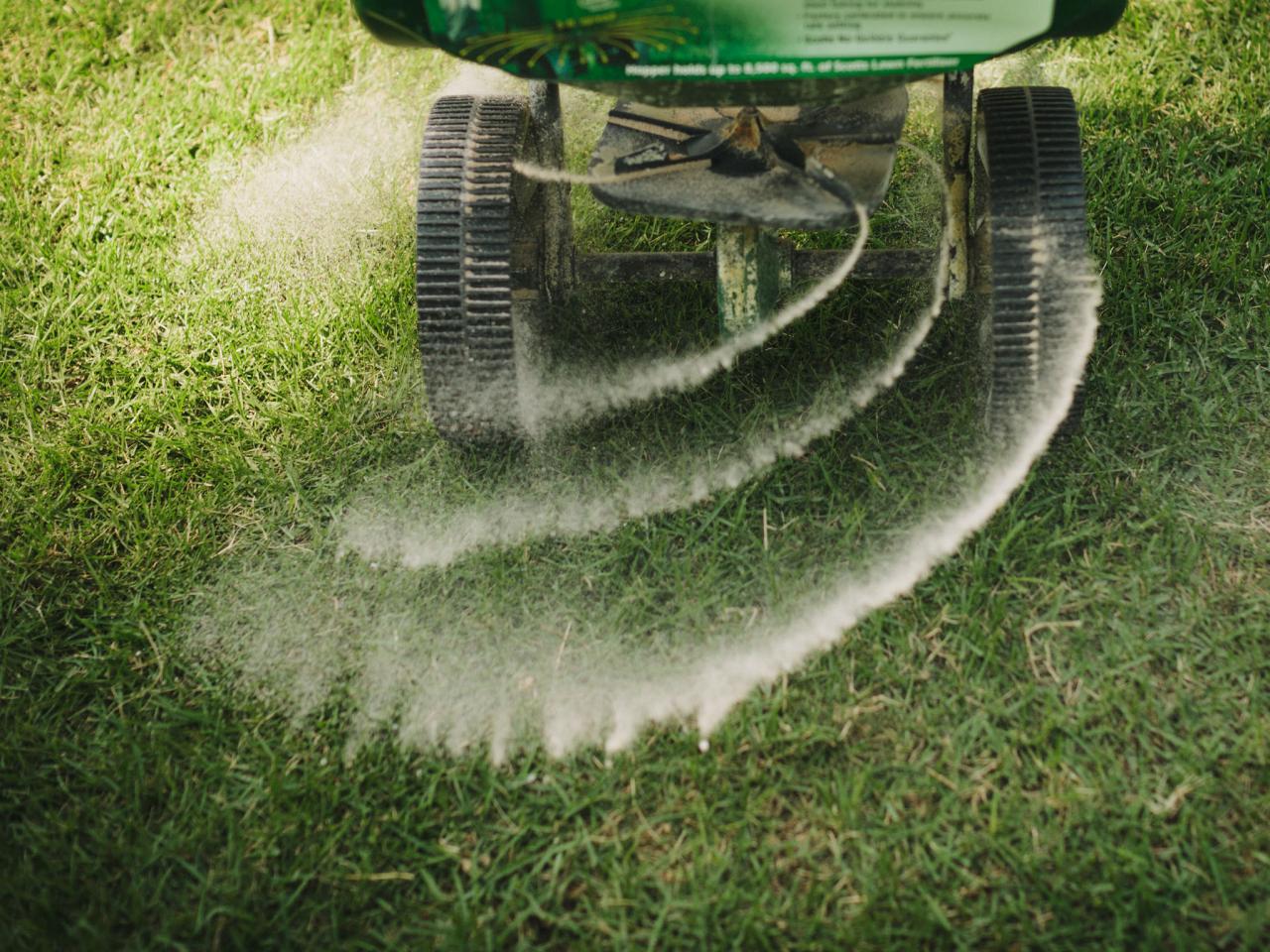
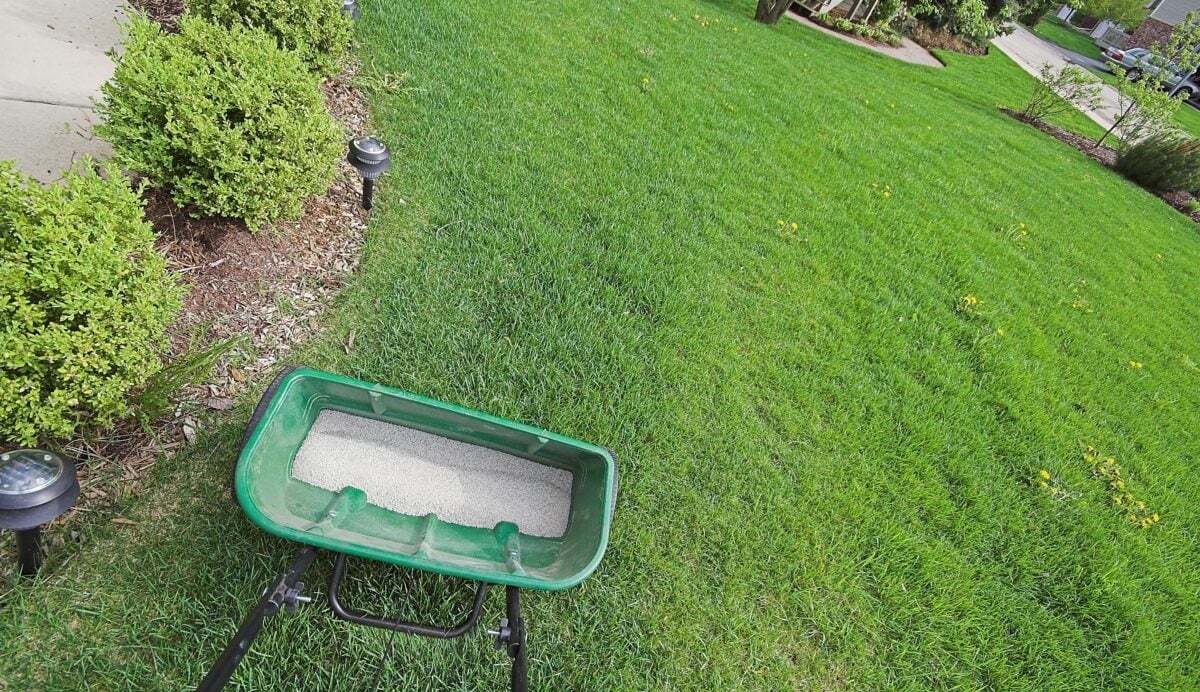
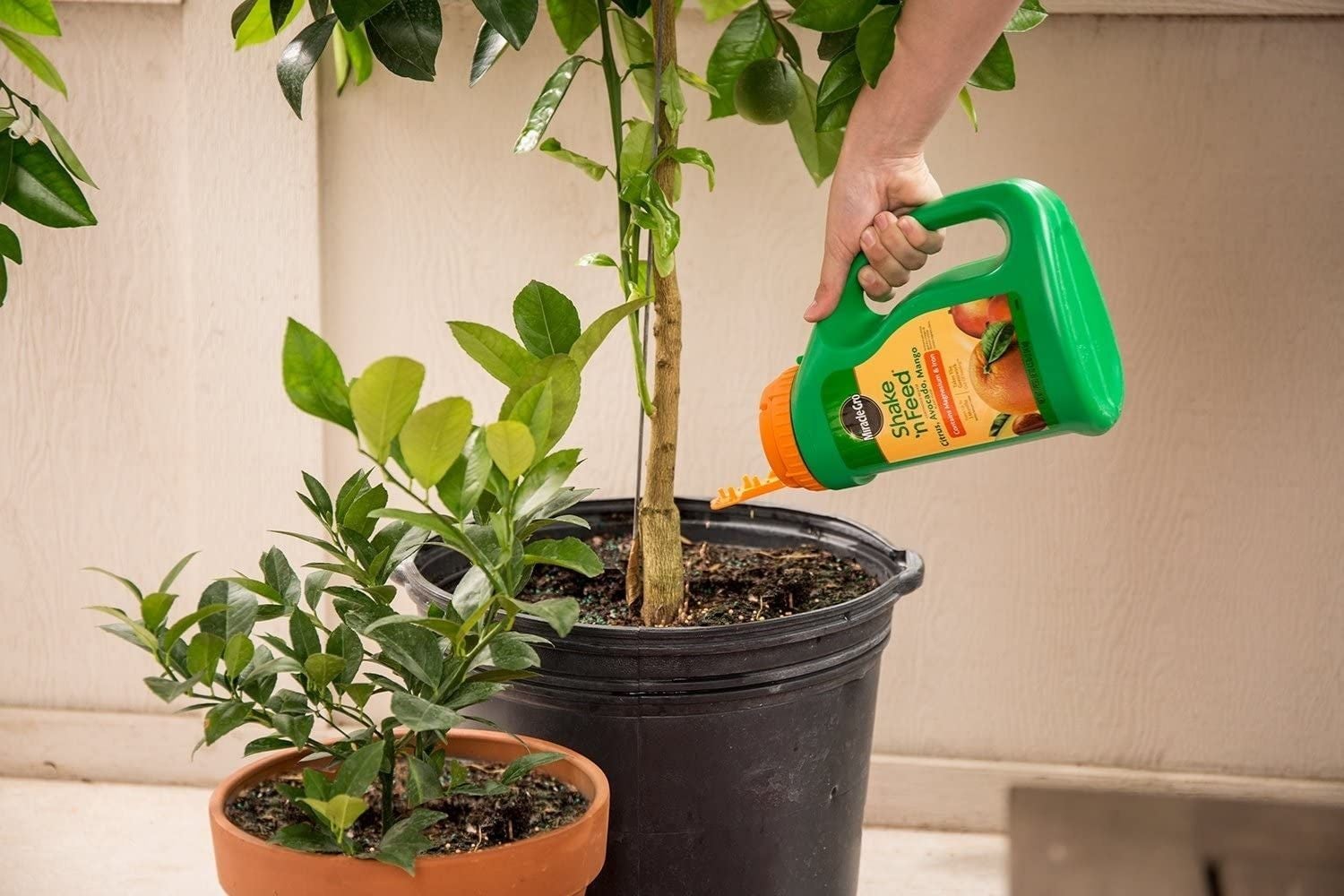


0 thoughts on “What Is The Best Fertilizer For Blueberries”